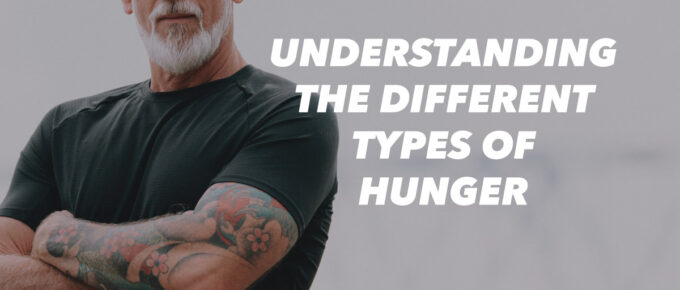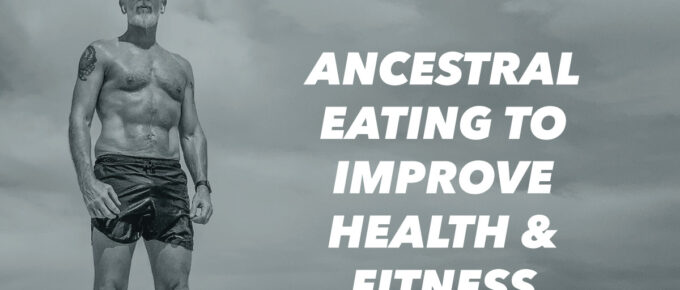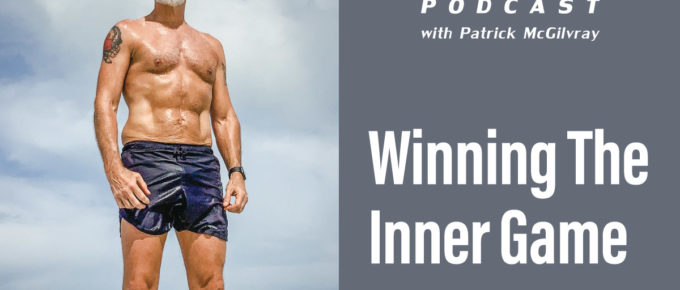Have you ever felt hungry? I know stupid question, of course, you have. We’ve all felt hungry, we all know exactly what hunger feels like. But did you know that not all hunger is “real” …
Continue Reading about 162. Understanding The Different Types of Hunger →





